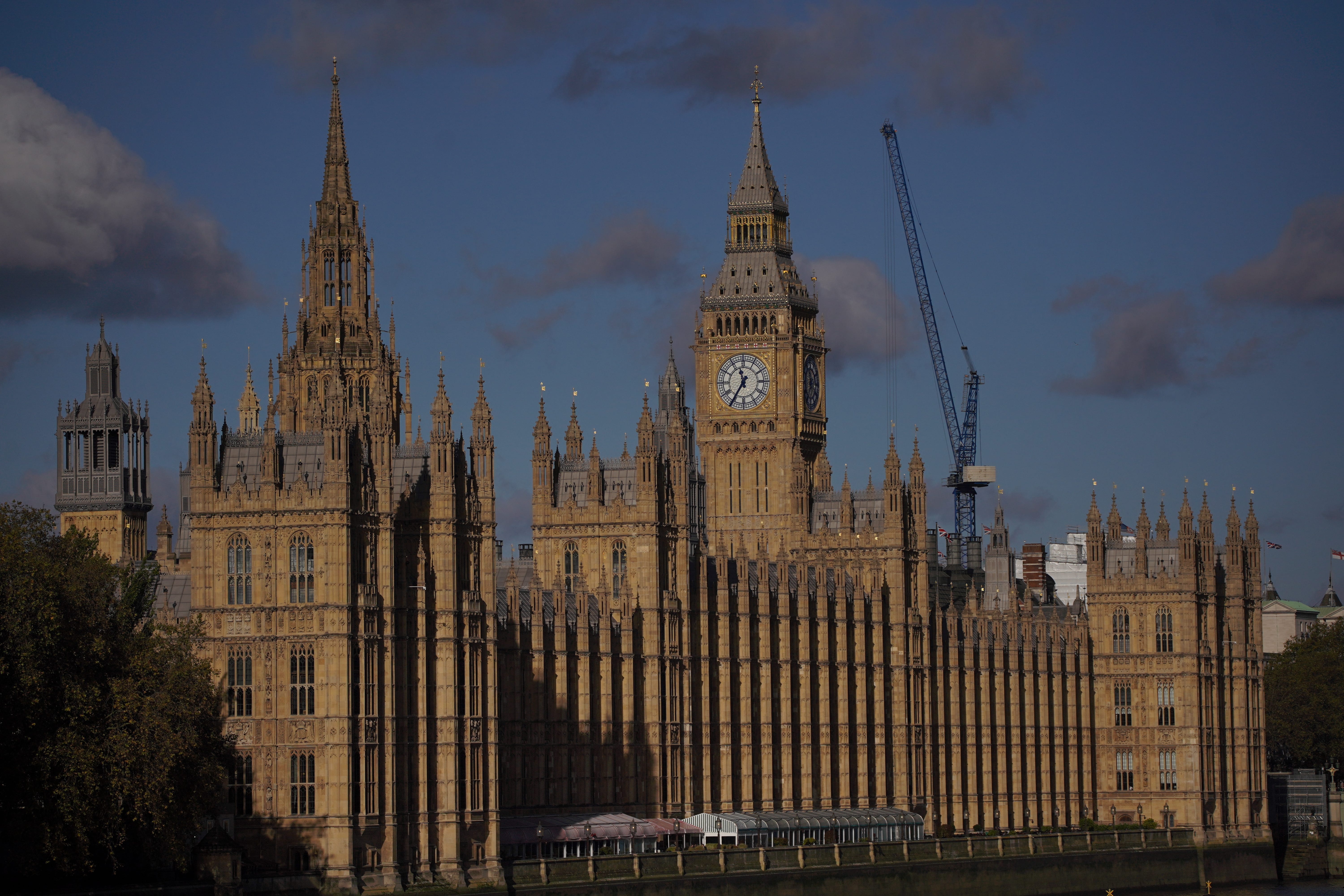New figures show plumbing and pest problems on rise in Parliament
Incidents involving plumbing have more than doubled since 2021.

Your support helps us to tell the story
From reproductive rights to climate change to Big Tech, The Independent is on the ground when the story is developing. Whether it's investigating the financials of Elon Musk's pro-Trump PAC or producing our latest documentary, 'The A Word', which shines a light on the American women fighting for reproductive rights, we know how important it is to parse out the facts from the messaging.
At such a critical moment in US history, we need reporters on the ground. Your donation allows us to keep sending journalists to speak to both sides of the story.
The Independent is trusted by Americans across the entire political spectrum. And unlike many other quality news outlets, we choose not to lock Americans out of our reporting and analysis with paywalls. We believe quality journalism should be available to everyone, paid for by those who can afford it.
Your support makes all the difference.Plumbing and pest problems in Parliament have grown in recent years, according to new figures.
Incidents involving plumbing have more than doubled since 2021, the data shows, while 541 requests for pest control were made on the parliamentary estate in the last year between December 2022 and December 2023.
The figures were revealed in parliamentary questions submitted by Liberal Democrat Treasury spokesperson Sarah Olney, who called it “crucial” that the historic site is safe for parliamentarians and staff.
The Palace of Westminster is the heart of British democracy, and it is crucial that action is taken to ensure it remains a safe place to work as quickly as possible
Responding to Ms Olney’s questions, Conservative MP Sir Charles Walker, representing the House of Commons Commission, said that there had been “multiple issues with toilets in Portcullis House due to the quality of the water in the system”.
The building is part of the parliamentary estate and houses MPs’ offices. It is considerably more modern than the adjacent Palace of Westminster, having been opened in 2001.
Sir Charles said that there had been 2,345 plumbing incidents in 2021, with 3,626 recorded in 2022. Last year that figure grew to 5,211.
The backbench Tory MP said: “New equipment, including a filtration system, was installed in Autumn 2023. An initial fault with this system was rectified by mid-November. A longer-term solution to improve the water quality is being planned by the Strategic Estates team.”
He also confirmed that over the last three years a total of 1,180 requests for pest control have been made. A pest control expert is based on the parliamentary estate.
Two hundred and twenty seven requests were made between December 2020 and 2021, with 412 recorded in the same period the following year.
Ms Olney said: “With the number of leaks from this Conservative Government, people often say they smell a rat in Parliament. Now we know it’s literally true.
“The Palace of Westminster is the heart of British democracy, and it is crucial that action is taken to ensure it remains a safe place to work as quickly as possible.”
Her parliamentary questions also found that there were 2,002 “mechanical instances relating to lifts” since December 2020.
Concerns about the safety of the parliamentary estate are long-standing, amid repeated delays to plans to restore and refurbish the famous site.
There have been repeated warnings in recent years about the threat of fire and asbestos across the estate.
The restoration project is estimated to cost several billion pounds.
A Parliament spokesman said: “We work hard to keep Parliament safe for both the members of the public that visit and for the staff and parliamentarians that work here – and where issues are identified, we act quickly to address them.
“We are committed to maintaining a humane and ethical pest control programme, focused on preventative measures and, where necessary, the use of various control methods.”